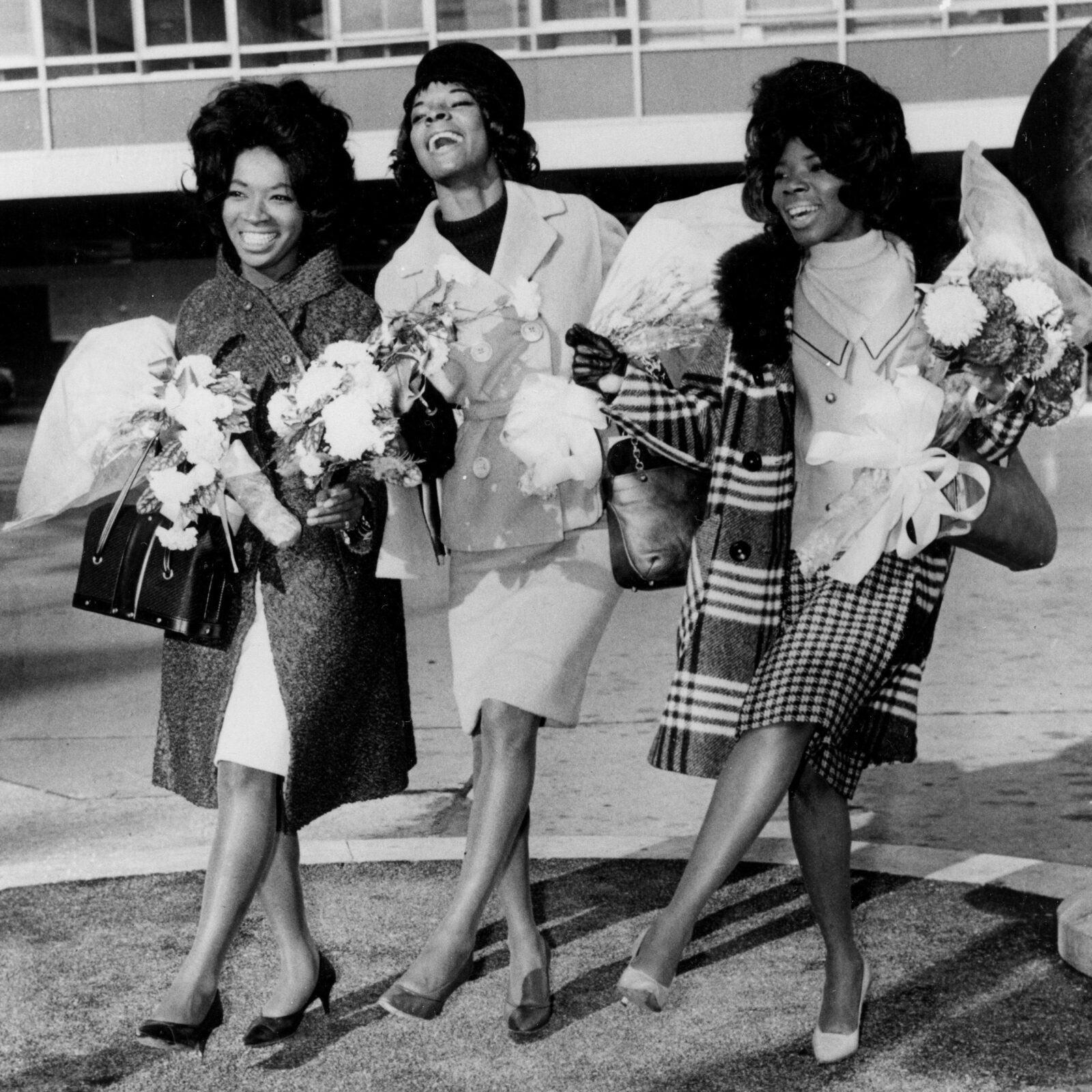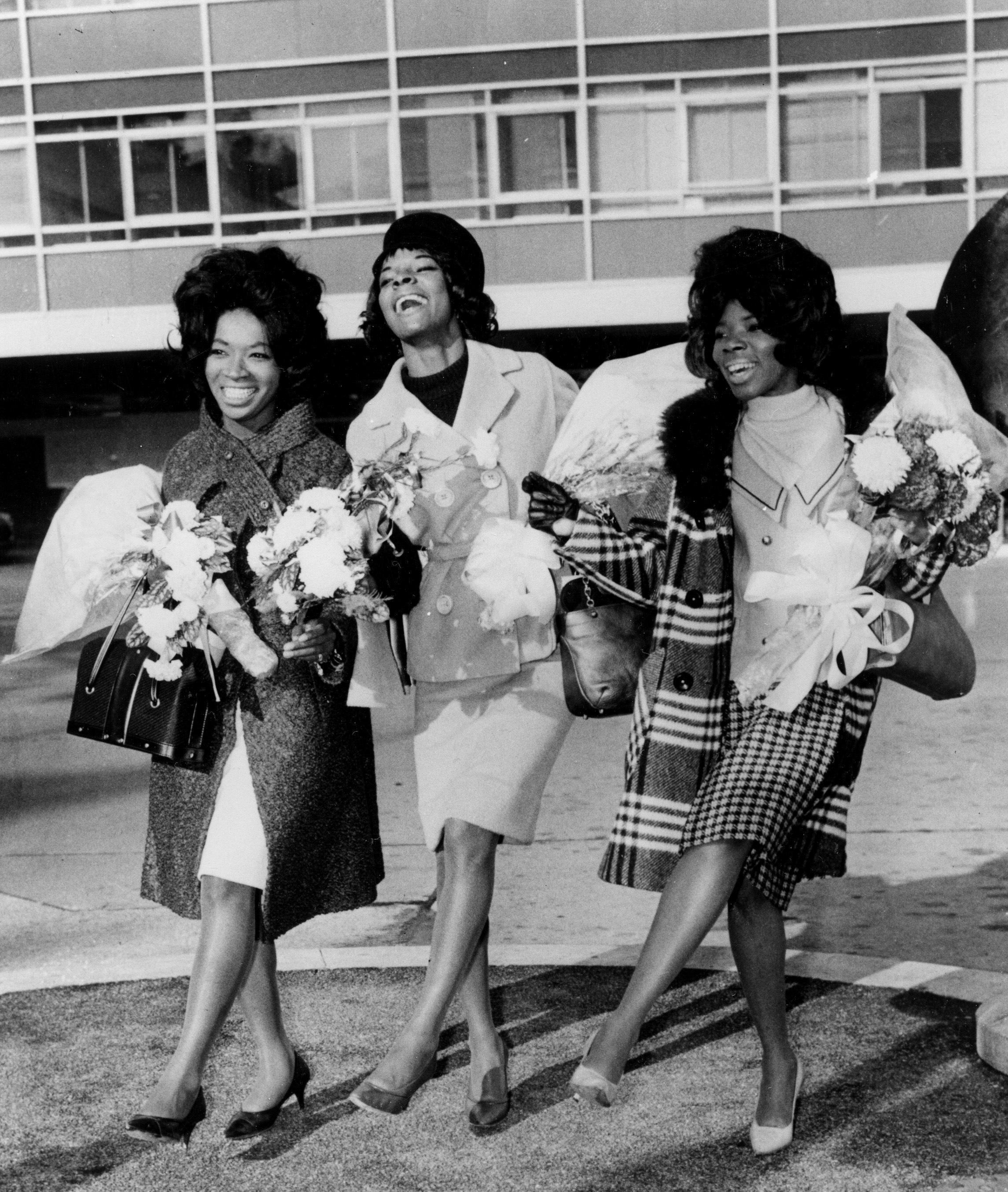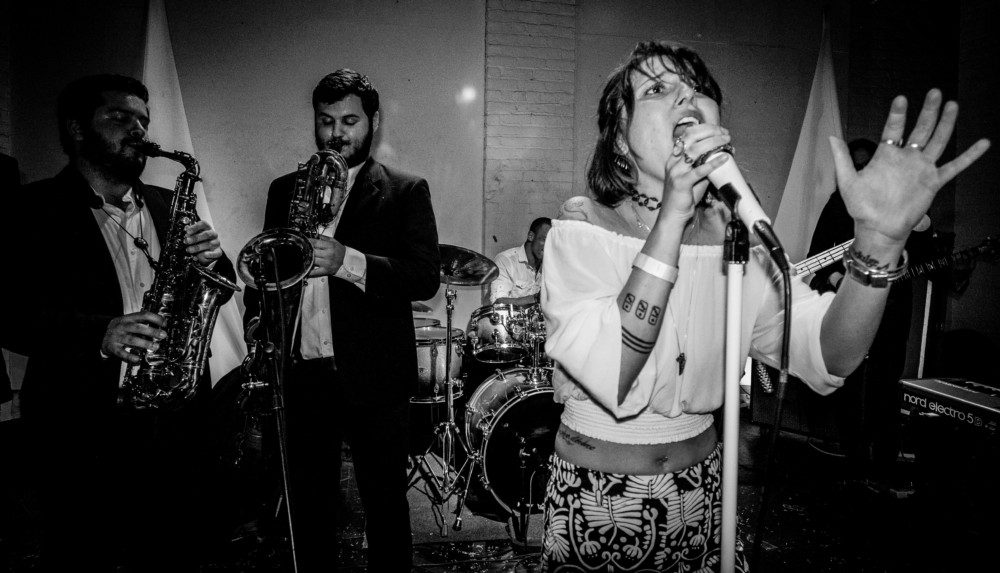PLAYING DETROIT the Mourning After: Martha and The Vandellas “Dancing in the Street”

If you were like me, you likely stayed in bed this morning a little too long wanting nothing more than to wake up but without ever having to open your eyes. The future we collectively rallied behind, hoped for, and deserved became a hungover breach in clarity. “Did this happen? How did this happen?” Where am I?”
This morning, however, was remarkably similar to many of my mornings. Cats pawing at my chest and the sound of children’s laughter, squeals, and declarations of play invited itself to wake me, through closed doors and windows. The Ellen Thompson preparatory academy located in the backyard of my apartment building holds recess sometime around 11am. The school is at least 95% African American and at least 5% of the children have hollered at me through the chain link fence “Are you Taylor Swift?” while I take my trash out. Playing along, I say yes but promise them to secrecy. This drives them wild and they frantically disperse in fits of excitement, laughter and the belief that maybe I am telling the truth. Today I stood with my face against the fence, trash in hand, watching the recently emptied tire swing sway like an uneasy and haunted pendulum. I watched it slow to a stop as the last of the tiny jackets disappeared behind the school doors. In the deafening silence, I hummed to myself a familiar song about dancing and the need for sweet, sweet music.
“Dancing in the Street” by Martha and The Vandellas was innocently inspired by Detroit residents who resorted to fire hydrant water to cool themselves from scorching the Summer heat. Released during the summer of 1964 in the thick of the Civil Rights crisis and in the midst of the Vietnam War, the upbeat chart-topper became an unexpected anthem of freedom for the disenfranchised and a nightmare feared by those who trembled in the shadows of social progress. Banned from radio stations for allegedly eliciting riot behavior and rebellious violence from the African-American community across the country and most notably in Detroit, the pop song about a party urgently ushered a call for change, unity and yes, even 52 years later, the power of sweet, sweet music.
This morning was remarkably similar to many of my mornings. Except today was different. I have more hope than I did yesterday. Not because of what has happened but because of what will happen. Recess will resume tomorrow and so will the future; the daily sea of toothless grins and bouncing pigtail braids promise this.
[fusion_builder_container hundred_percent=”yes” overflow=”visible”][fusion_builder_row][fusion_builder_column type=”1_1″ background_position=”left top” background_color=”” border_size=”” border_color=”” border_style=”solid” spacing=”yes” background_image=”” background_repeat=”no-repeat” padding=”” margin_top=”0px” margin_bottom=”0px” class=”” id=”” animation_type=”” animation_speed=”0.3″ animation_direction=”left” hide_on_mobile=”no” center_content=”no” min_height=”none”][/fusion_builder_column][/fusion_builder_row][/fusion_builder_container]





